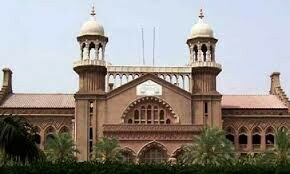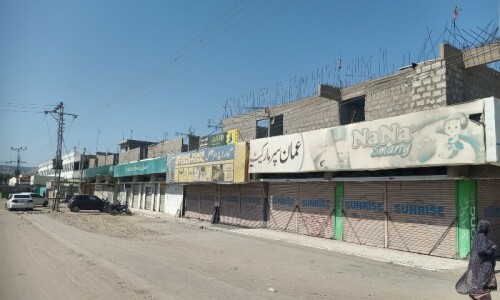Punjabi poet Afzal Sahir says resistance has always been a part of Punjabi poetry, even during its classical era as well as modern times.
He was moderating a session on Punjabi poetry titled, Poetry of Resistance, on the last day of the Lahore Literary Festival at the Alhamra Art Council on Sunday. It was one of the two sessions on Punjabi during the three-day event.
However, the session was marred by long, boring readings of papers by two of the panellists, Nasreen Anjum Bhatti and Tanveer Zahoor. Both read out from papers though the subject was not very difficult to talk on by any reader of Punjabi poetry.
Sahir said Baba Farid was first Punjabi poet who left his poetry in a written form and before him there was folk poetry on the pattern of the oral tradition.
He said resistance poetry was not just about politics and rebellion but it focused on the mind and inner self of man.
There was no contradiction in the action and words of Punjabi resistance poets, e.g., Baba Farid and Guru Nanak.
He quoted Shah Hussain, who resisted against the invading Mughals, by reciting one of his couplets: Kahay Hussain Faqir Saeen Da / Takht Nah Milday Mangay (Hussain, a fakir of the Lord says/ One can’t get power in alms).
Sahir read out lines from Sultan Bahu and Khawaja Farid too. While quoting the latter who raised voice against the British, he said, “Apni Nagri Aap Wasa Tu / Pat Angrezi Thanay” (Give life to your city yourself / Do away with all that is British).
Punjabi writer Iqbal Qaiser said all the Punjab poets resisted the foreign rulers through their works, adding that death was the biggest symbol in Baba Farid’s poetry but it appeared as a source of life as well.
Nanak was arrested from Aimanabad, Gujranwala, by Babur for raising voice against him through his poetry, Qaiser said, adding that Nanak had chronicled the atrocities and rapes committed against Hindu and Muslim women of Punjab by the invading Mughal army in his four poems called “Babur Bani”.
One couplet in this poem goes as “Paap ki Junj Lay Kabulon Dhaya / Jori Mangay Daan Ve Lalo” (He invaded with his wedding procession from Kabul / and now seeks tax as a wedding gift).
Qaiser mentioned another poet Najabat, also from Aimanabad, who wrote resistance poetry and Shah Muhammad who witnessed Lahore being conquered by the Mughals. He said the resistance poetry could not reach the masses because foreign languages, like Persian, Arabic and English, were imposed on the people.
Nasreen Anjum Bhatti read his paper, enumerating all the poets who had elements of resistance in their works. She mentioned freedom fighters like Dullah Bhatti, Waryam, Nizam Lohar, Ahmed Khan Kharal and Bhagat Singh who became legends and were immortalised by Punjab poets.
Tanveer Zahoor read out his essay on Ustad Daman that’s also a part of the book on the life of the poet. He also read excerpts from Daman’s famous poems. —
Irfan Aslam













































